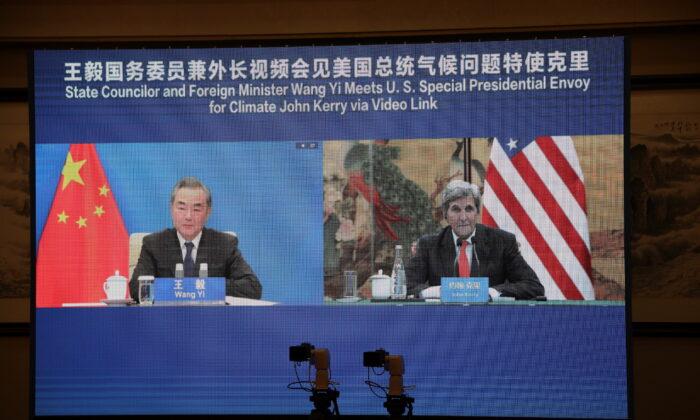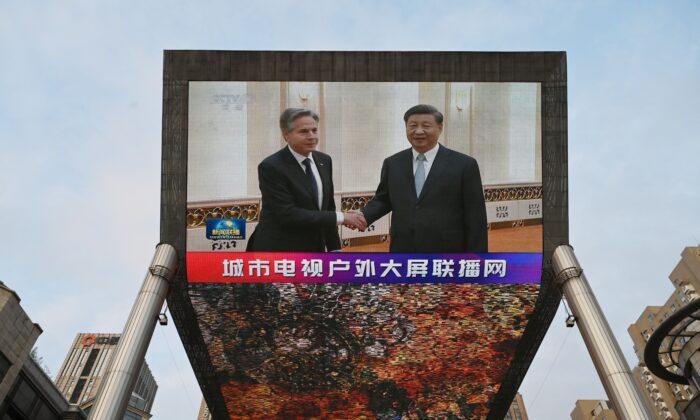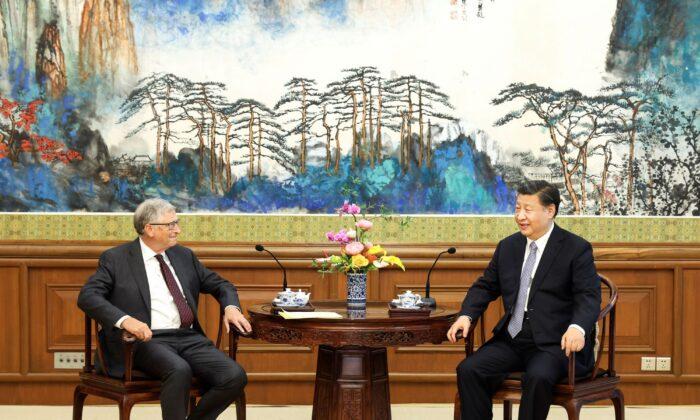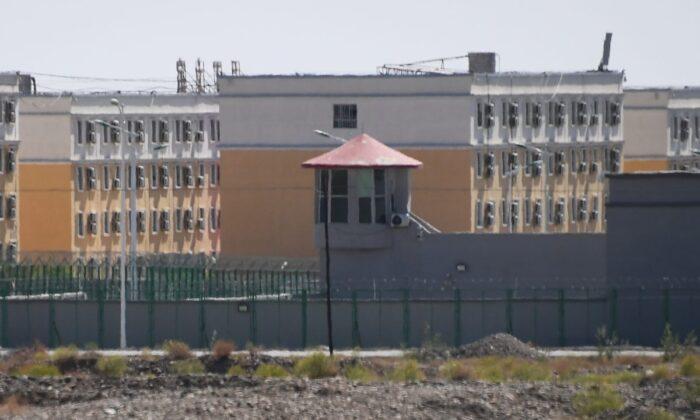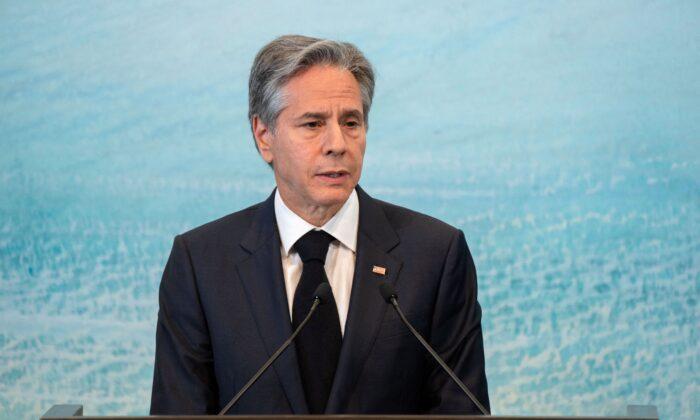As the United States is ramping up talks with China over climate issues, Kelly Sloan, senior fellow in energy and environment at Centennial Institute, has said that China has no intention of helping the West in this regard.
“We are going to work on the practicalities of how we move faster [to lower emissions],” he said. “Maybe we can help with technology of some kind to help China move faster. Maybe China could help us better understand some things we could do better.”
Economic Weapon
The expert further raised concern that America doesn’t have “a foreign policy strong enough to be able to counter any potential strategic implications to sourced materials, particularly from a global competitor and potential adversaries such as China.”With plans rolling out pushing for a green revolution, the demand for materials to produce electric vehicle batteries—such as lithium and cobalt—is expected to surge.
Sloan sounded the alarm that China could try to corner the market and use it “as sort of an economic weapon against the United States.”
Sloan singled out the agreement between Ford Motor Company and the China-based Contemporary Amperex Technology Co. Limited (CATL) to supply batteries for Ford’s electric vehicles.
Prioritize Nuclear
The expert saw storage as the primary obstacle when it comes to renewables such as solar and wind.“It’s almost cliché now to say you can only collect them when winds are blowing, or the sun’s shining so that energy has to be stored,” he said, adding, “We need to figure out how to store that energy, we’re not very good at that.”
Sloan pointed out that with coal and fossil fuel, the operators can adjust their outputs based on market needs.
“You can make those fluctuations and meet those fluctuations in demand that happen on an almost constant basis. You can’t do that with renewables,” he said.
Another imminent problem, he said, is “how to meet demand, especially as we’re increasing demand.”
The transmission of these energies is also a big issue, according to Sloan.
“You can ship or pipe natural gas from where it’s harvested to wherever you need to make the electricity. You can’t really do that with solar and wind. That electricity is generated on-site,” Sloan said.
The expert said that America needs a domestic energy policy that prioritizes nuclear power, which can make the United States less dependent on China.
“I think we need a foreign energy policy that prioritizes our relations with our allies, and takes a very realistic strategic look at how things are shaping up internationally, and how our decisions are going to impact that whether it’s in terms of our relations with China or Russia, or how we’re going to support potential allies, such as Europe or Taiwan,” Sloan said.
